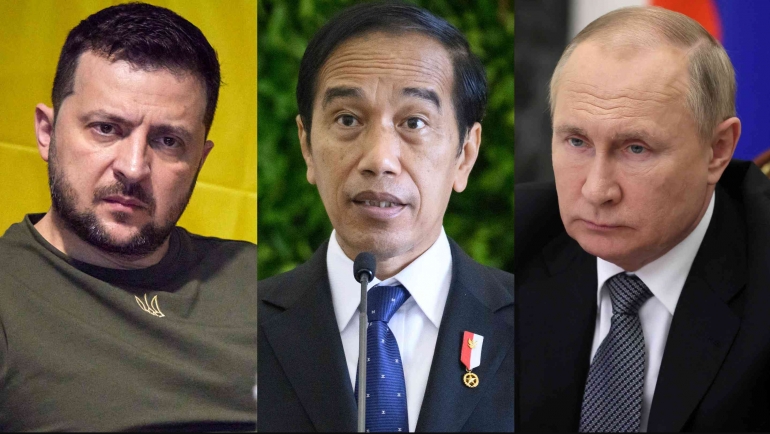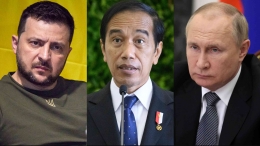Indonesia also played a role in the signing of a peace agreement between the Philippine government and the separatist Moro National Liberation Front (MNLF) in 1996. These attempts are manifestations of Indonesia’s commitment to peace and order and impartiality.
Although the East Timorese people would say otherwise as we may easily forget in memory how hundreds of thousands of Indonesian troops and paramilitary gangs have carried out waves of violence to impede Timor Leste’s independence in 2002.
Of course, resolving peace talks in regional conflicts is a much easier task than playing the mediator role of the Russo-Ukrainian war which resulted in a shift in the geopolitical landscape. Not only are the above-mentioned regional conflicts poles apart as compared with the continuing Russian invasion of Ukraine but it is certain that Indonesia lacks political will on the international stage in using their neutral and impartial brand to a diplomatic advantage.
Acting as an honest and compassionate broker in the name of world peace is not enough reason for hegemonic powers to rule out national interests. For the past decade, Indonesia has been using the passive middleman facade in hopes of avoiding a security dilemma.
For example, Widodo would reiterate that Indonesia had no part in the maritime tension between China and the U.S. in the South China Sea except that the two economic powers continue to invest in Indonesia amounting to $40 billion and $9 billion, respectively.
The obvious hesitance of the third world’s biggest democracy to step up on the international stage is an opportunity lost. Indonesia is also set to become the fifth biggest economy in 2024. So what is stopping Indonesia from at least emerging as a leader outside of its region?
That is why the stakes for the next Indonesian presidential election are at an all-time high. The next leader of this much diverse country must carry the Monas torch not only in the region but also to bring some light to the forever anarchic global order. Let us stop putting a peacemaker badge just for the sake of escaping pressures.
Indonesia has much potential and a lot to give to the world. It is only us that is stopping ourselves.
Follow Instagram @kompasianacom juga Tiktok @kompasiana biar nggak ketinggalan event seru komunitas dan tips dapat cuan dari Kompasiana. Baca juga cerita inspiratif langsung dari smartphone kamu dengan bergabung di WhatsApp Channel Kompasiana di SINI







